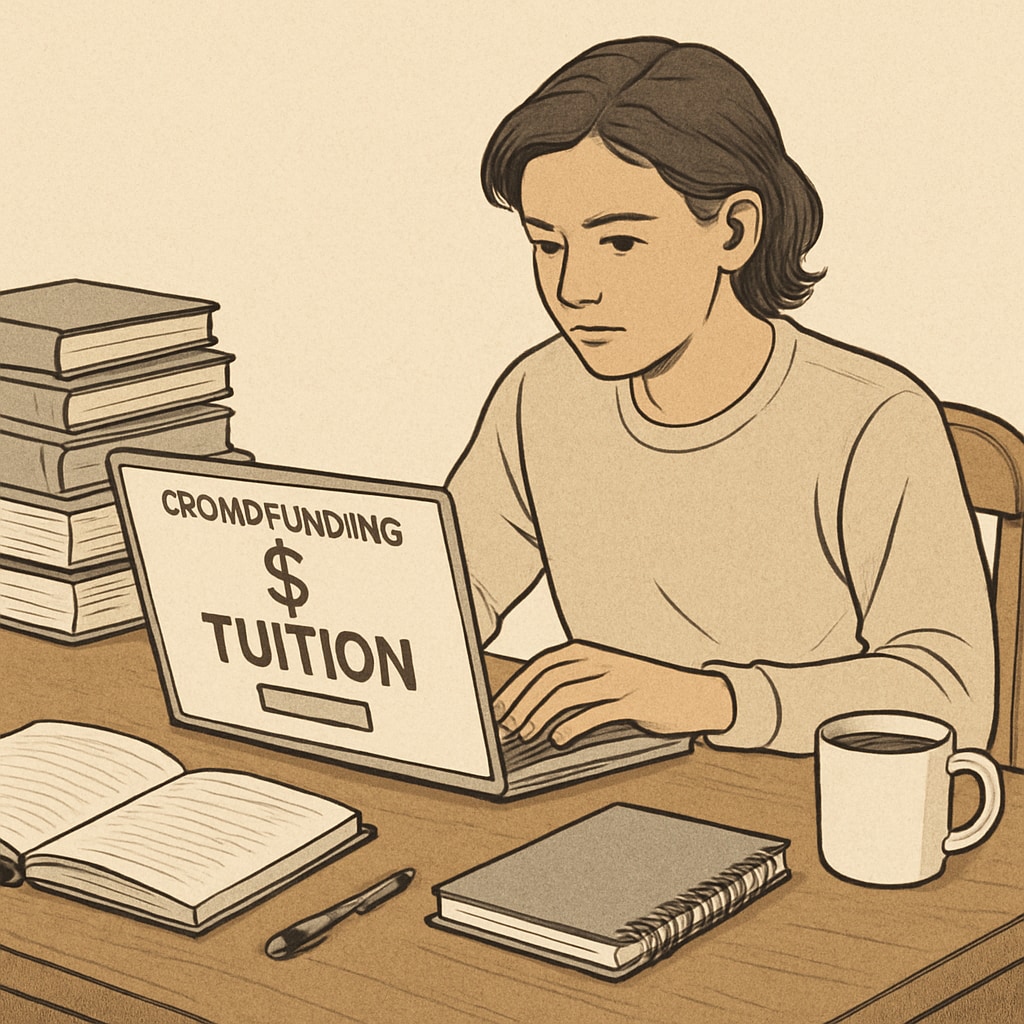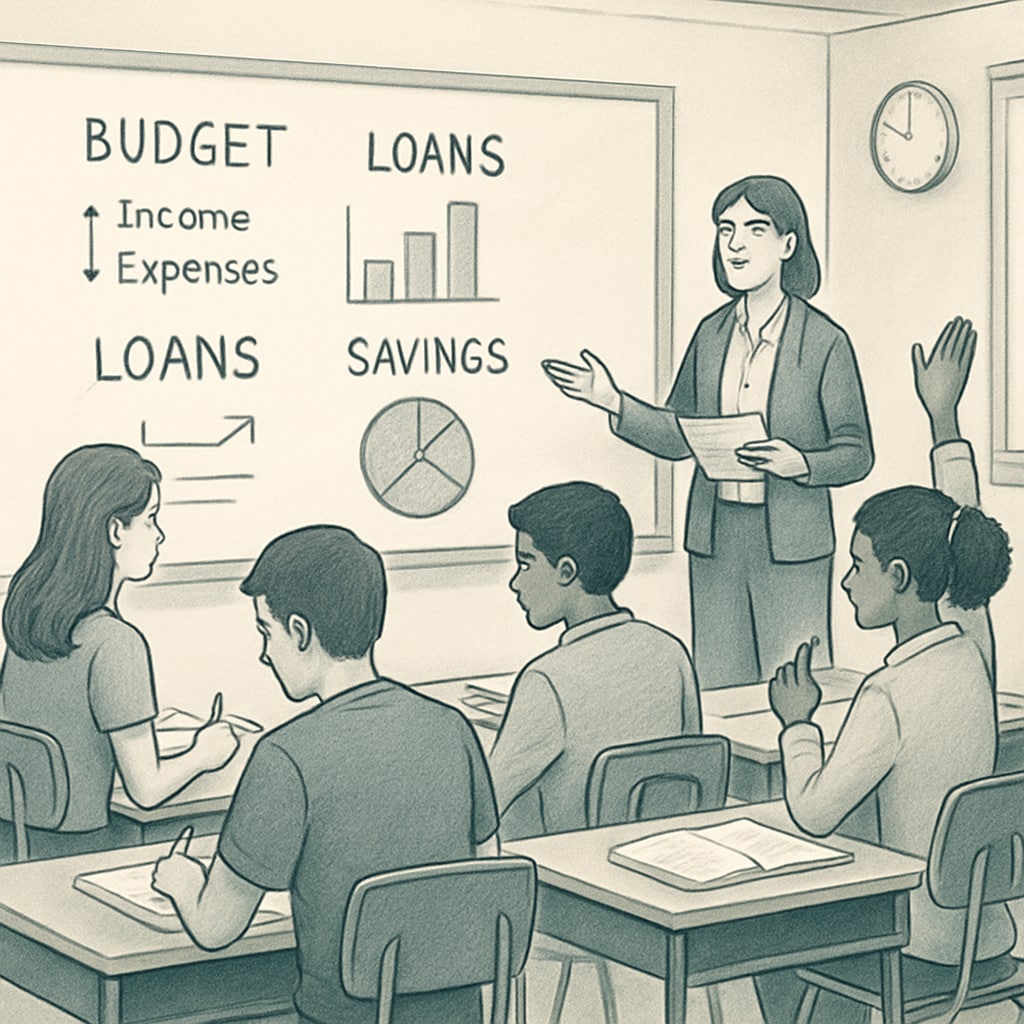The financial pressure of pursuing higher education in the United States continues to push students to explore unconventional solutions like crowdfunding. For students seeking to cover their final semester’s tuition, navigating FAFSA (Free Application for Federal Student Aid) and planning for future goals like medical school applications can become overwhelming. This raises critical questions about the systemic gaps in financial literacy education during K12 schooling and its impact on young adults.
The Rising Costs of Higher Education
College tuition in the United States has skyrocketed over the past few decades, leaving many students struggling to afford their education. According to Wikipedia, the average cost of tuition and fees at public universities exceeds $10,000 per year, while private institutions often charge triple that amount. As a result, students increasingly turn to alternative financing methods, such as crowdfunding platforms like GoFundMe and Kickstarter, to bridge financial gaps.

While crowdfunding offers an immediate solution, it also underscores a deeper issue: the lack of accessible financial support systems. FAFSA, for instance, is meant to provide need-based aid but often falls short for students who are slightly above the income threshold or whose family dynamics complicate eligibility. Without adequate resources, these students are left scrambling for alternatives.
The Role of Financial Literacy in Preventing Crises
One recurring theme in stories of tuition crowdfunding is the absence of effective financial literacy education in earlier school years. The K12 curriculum rarely prioritizes teaching students about managing personal finances, budgeting, or understanding loan terms. As a result, many young adults enter college ill-equipped to navigate complex financial systems, including FAFSA applications and student loans.
For example, students aspiring to apply to medical school face additional layers of financial planning. Medical school costs are significantly higher, and the competitive nature of admissions requires investments in preparatory courses, exams, and application fees. Without proper guidance, students are more likely to experience financial distress, which impacts their academic performance and mental health.

What Can Be Done?
To address these challenges, several initiatives can be implemented:
- Integrating Financial Literacy into K12 Curricula: Schools should teach practical skills such as budgeting, understanding FAFSA, and evaluating loan terms to prepare students for real-world financial decisions.
- Expanding Federal Aid Options: The government could enhance FAFSA guidelines to accommodate students in unique situations, such as those facing family financial instability.
- Encouraging Institutional Support: Colleges and universities could offer workshops on financial planning, specifically tailored to students aiming for graduate programs like medical school.
In addition, crowdfunding platforms themselves can play a role by providing resources and templates for students to create compelling campaigns. Transparency in sharing financial needs and goals can help students connect with potential donors who align with their aspirations.
Conclusion: The Bigger Picture
While crowdfunding tuition offers a temporary solution, it is neither sustainable nor equitable for addressing the broader issue of unaffordable education. By prioritizing financial literacy education and expanding support systems, society can empower students to achieve their academic dreams without the constant shadow of financial stress. As more students aspire to careers that require advanced degrees, such as medicine, addressing these barriers becomes all the more urgent.
Ultimately, education should be a gateway to opportunity, not a wall built on unaffordable tuition. With targeted reforms and greater awareness, we can ensure that students no longer have to rely on crowdfunding as their last resort.


